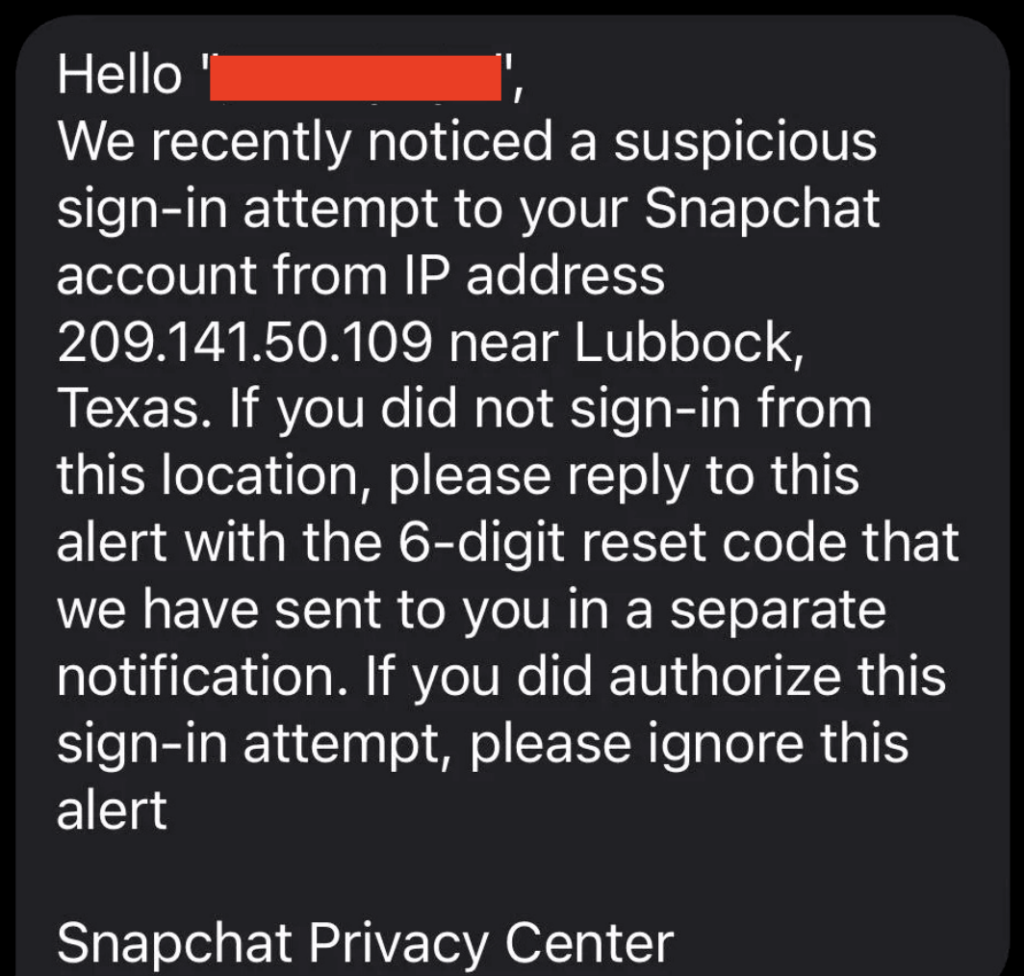How to Spot and Avoid Social Media Scams
Over 62% of Facebook users report encountering scams on a weekly basis — the highest out of any social media platform.

Whether it’s Facebook, Instagram, TikTok or X (formerly Twitter), social media has become an integral part of many of our daily lives. It’s where we connect with friends, family, and even access news and entertainment. Unfortunately, it’s also where scammers thrive, taking advantage of our desire for connection.
There are several ways we can protect ourselves from social media scams. One of the best ways to protect yourself is to stay up to date on the latest social media threats. So, let’s start by delving into some of the most common social media scams and how you can yourself against them.
Common Social Media Scams
1. Investment/Crypto Scams
Investment and crypto scams have become increasingly prevalent on social media. Scammers often start by building a casual relationship with their victims. Eventually, they introduce them to a “great investment opportunity.” These scams accounted for approximately 37% of social media scams last year, with the majority being crypto scams. To protect yourself, be skeptical of unsolicited investment offers and do thorough research before parting with your money.
2. Romance Scams
Romance scams are heart-wrenching. Scammers create fake profiles using stolen photos and initiate romantic relationships with their victims. They often use “love bombing” tactics but never intend to meet in person. While these scams are common on dating sites, they’ve proliferated on social media, becoming one of the most common scams. Always verify the authenticity of online relationships and never send money to someone you’ve never met in person.
3. Account Takeover Fraud
Account takeover fraud involves hackers gaining access to your social media accounts. They may use phishing techniques to steal your login information and then use your account to perpetrate more scams, such as posting fake investment opportunities, sharing phishing links, and gathering personal details about you and your friends and family. Enable two-factor authentication and regularly change your passwords to prevent account takeover.
4. Authentication Code Scams
Scammers use phishing to send fake authentication codes or warn of suspicious login attempts, aiming to trick you into revealing your login information. Be cautious when receiving such messages, and always verify the sender’s identity and the legitimacy of the request before providing any information.
5. Fake Ads/Online Stores
Not all social media ads are safe. Scammers may use them to direct users to fake stores or misleading ads. The Better Business Bureau receives thousands of complaints about these ads. Be cautious when clicking on ads and do your research before making a purchase.
6. Impersonator Accounts
Scammers frequently create impersonator accounts using someone else’s name, including celebrities. They may request money, send phishing links, or post about fake giveaways. Verify the legitimacy of accounts that interact with you and double-check requests for financial assistance or personal information.
7. “Is this you?” Link Scams
Receiving a link with a message like “is this a photo of you?” can be a red flag. Often, these links lead to a fake social media login page designed to steal your password. Be cautious and verify the source of such messages.
8. Social Media Quizzes
Scammers use fake online quizzes to gather personal information on users and then use that information to break into your online accounts. Think twice before taking online quizzes and avoid sharing personal information.
9. Lottery/Sweepstake Scams
In these scams, scammers direct message you to claim you’ve won a prize but require payment upfront. Be extremely skeptical of unsolicited prize notifications, and remember that legitimate sweepstakes don’t ask for payment to receive your prize.
10. Job Scams
Job scams have been on the rise in recent years. Scammers use fake accounts to post job opportunities, aiming to extract money and personal information from you. Always research potential employers and job opportunities thoroughly, and be cautious when sharing sensitive information.
How to Identify Social Media Scams
Identifying social media scams is crucial for protecting yourself online. While scammers can be crafty, there are common signs that can help you recognize potential threats.

- Be wary of messages containing spelling and grammar errors, as scammers often make these mistakes.
- If you come across a brand new social media account reaching out to you, exercise caution, as it might be a fake profile.
- If a message or request comes from someone you’re already friends with, double-check their account, as their profile may have been compromised.
- If you receive a random direct message with a link, approach it with skepticism.
- Beware of any request for money or financial assistance, especially if it’s unsolicited. If ads or promotions seem too good to be true, they probably are.
- Pay attention to the website’s credibility if you’re directed to an online store, as fake stores often exhibit telltale signs of unprofessionalism.
- If the other user insists on taking the conversation off social media and asks you to text or communicate through a different platform, it’s a red flag.
What If I Have Been Scammed?
If you have been scammed on social media, taking immediate action can help mitigate the damage and improve your chances of recovering any lost money or preventing further damage. Here’s what to do if you’ve fallen victim to a social media scam:
- Cease Communication: If you’re in contact with the scammer, cease all communication with them immediately. Do not respond to any further messages or requests.
- Document Everything: Take screenshots of all conversations, messages, and any other evidence related to the scam. This documentation will be valuable for reporting the incident and potentially for legal action.
- Report the Scam: Report the scam to the social media platform where it occurred. Most platforms have dedicated reporting mechanisms for fraudulent activity. This action can help prevent the scammer from victimizing others.
- Change Your Passwords: Change the passwords for your social media accounts and any other accounts that may have been compromised. Ensure that you use strong, unique passwords for each account and consider enabling two-factor authentication.
- Notify Your Bank and Credit Card Companies: If you’ve shared financial information, contact your bank and credit card companies immediately to report the scam and potentially block any unauthorized transactions.
- Monitor Your Accounts: Continuously monitor your financial accounts, credit reports, and any online accounts to ensure no further unauthorized activity occurs.
- File a Report with Law Enforcement: Depending on the extent of the scam, you may want to file a report with your local law enforcement agency. They may be able to assist in investigating the incident.
- Warn Others: If the scammer was using your account to perpetrate scams, notify your friends and contacts about the breach, so they can be on guard for any suspicious messages coming from your account.

